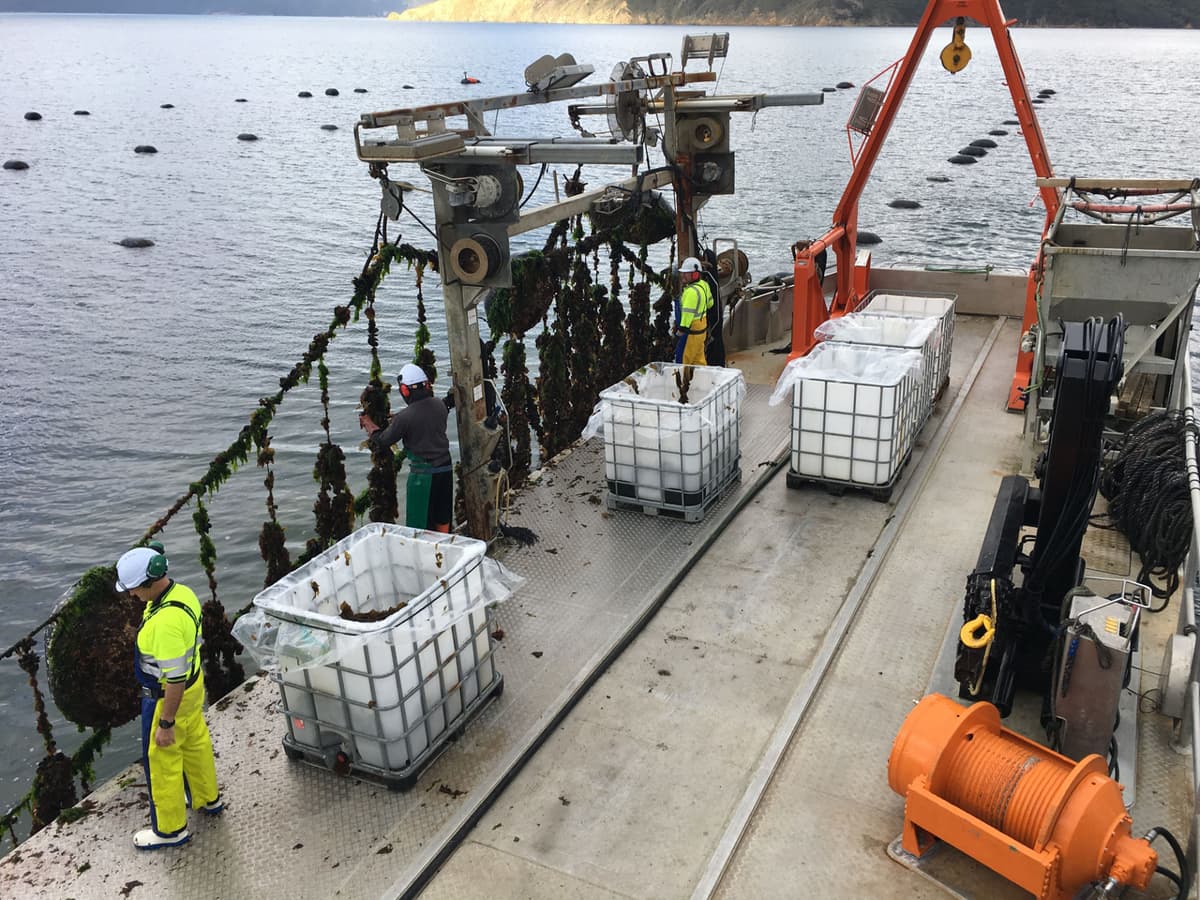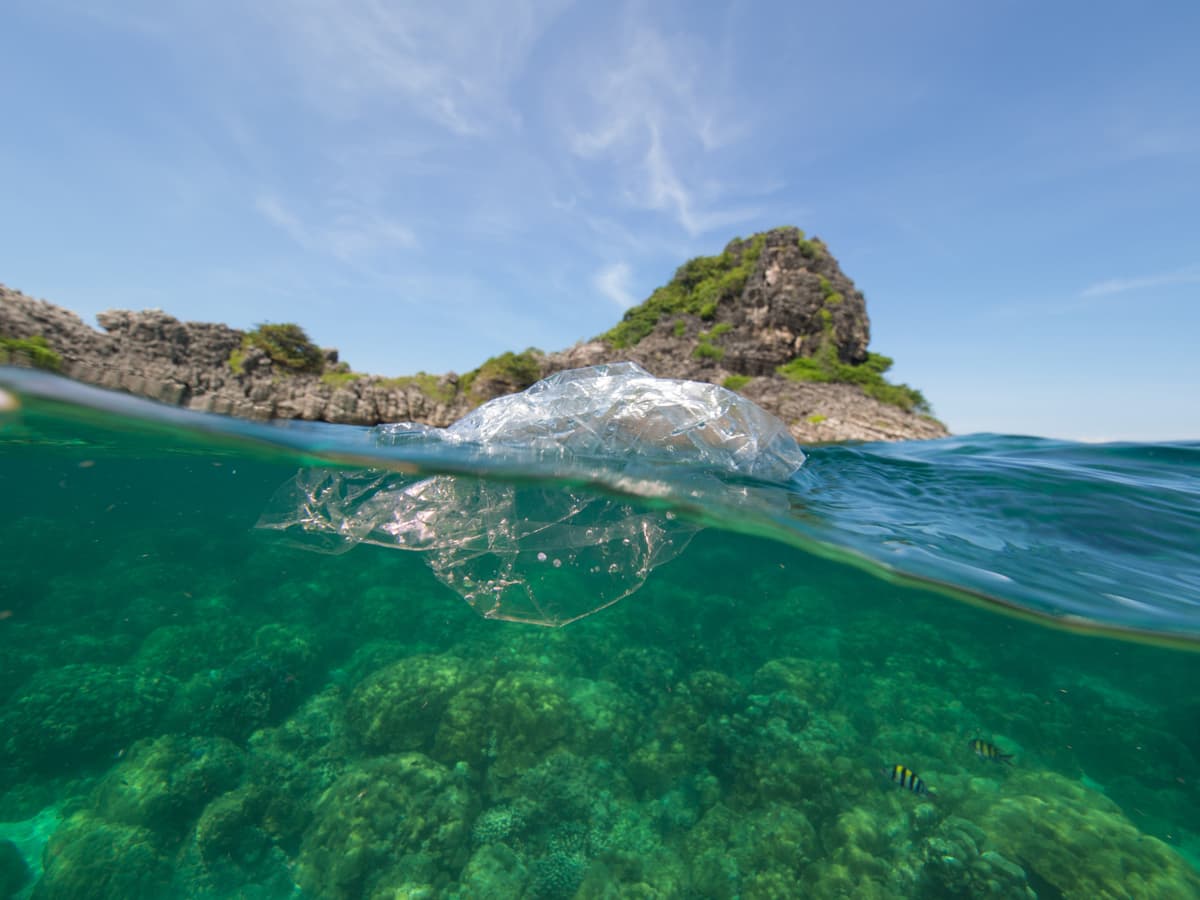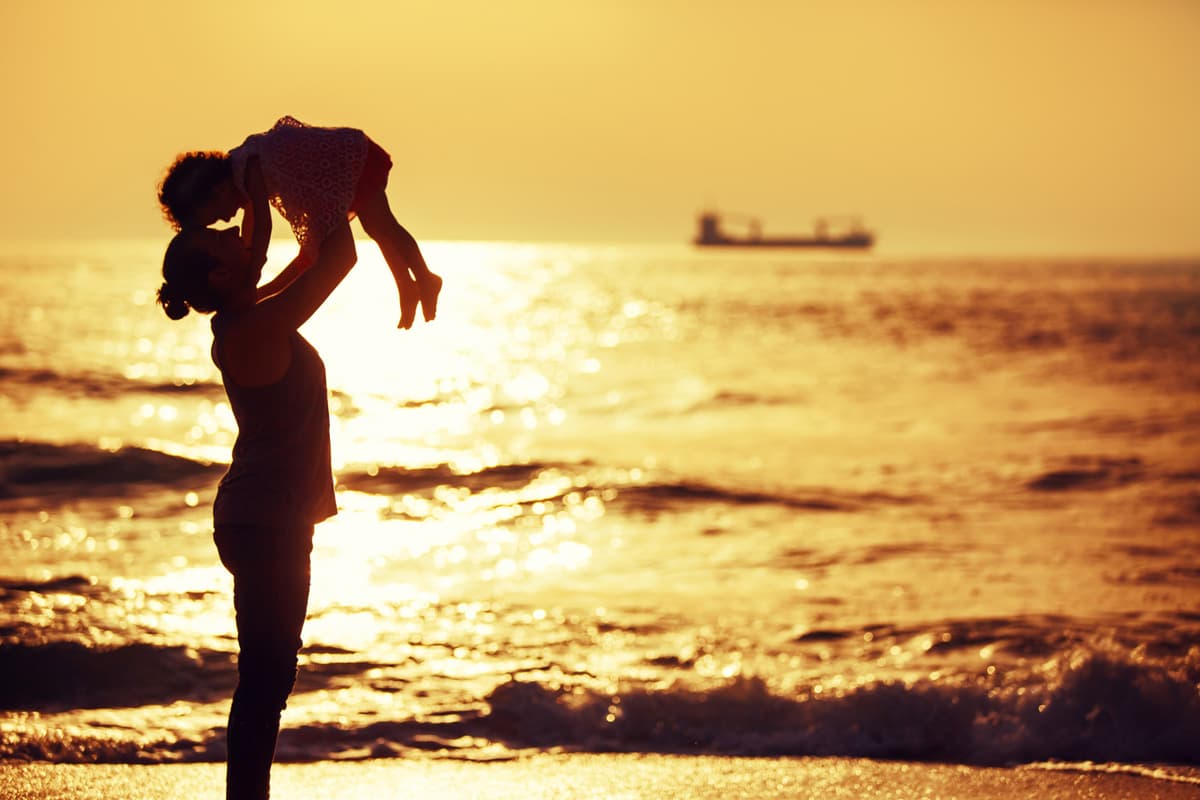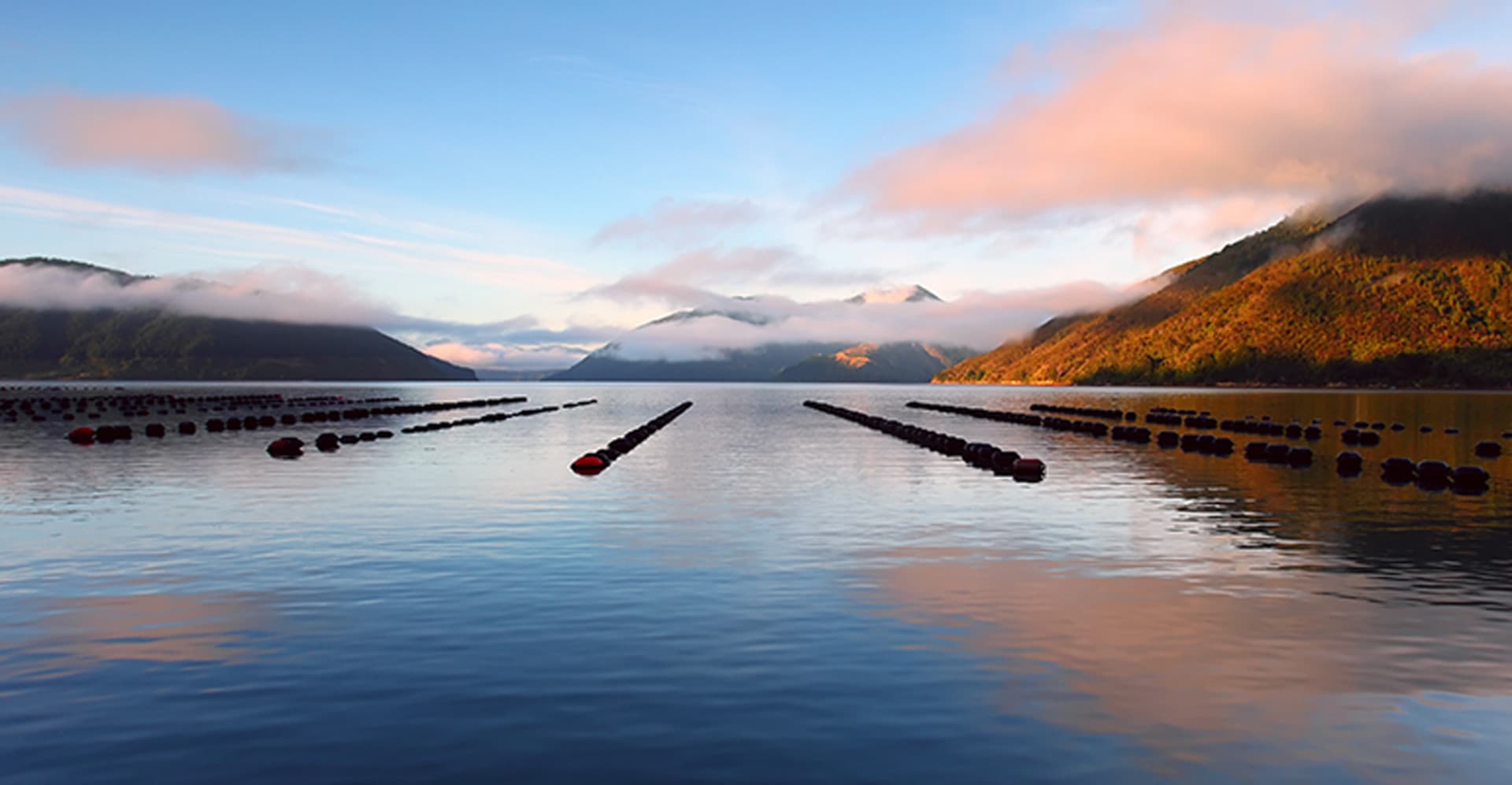Related projects & activities






We investigated the use of the term ‘social licence’ in Aotearoa New Zealand and what factors influence social licence.
| Project Leader | Duration | Budget |
|---|---|---|
| Jim Sinner (Cawthron Institute) | April 2016 – June 2019 | $380,000 |
Social licence refers to public acceptance of commercial activity. It is not a legal permit, but an indication of community approval and trust. Without social licence to operate, a business can incur delays and costs, and find further development blocked.
From interviews of marine-based businesses, Māori representatives and stakeholders, we have found that the nature of social licence depends on a business’s size and ownership. The level of social licence held by a business can change as it expands its markets or as new people join the local community who don’t have an existing relationship with the business. Larger companies often engage with interest groups and organisations rather than individuals or local communities. Māori generally prefer to use social licence concepts based on Māori values and tikanga.
We have also studied how and by whom the term ‘social licence’ is being used in New Zealand. The term implies that communities have power to grant or withhold approval of commercial operations, but public usage of the term has been dominated by industry and central government voices. They frequently state or imply that industry already has social licence and just needs to maintain or improve it, often without reference to community groups and iwi. Changes in wording by business groups could send a more empowering message to iwi and community groups about seeking their acceptance and trust.
This project has produced or contributed to:




